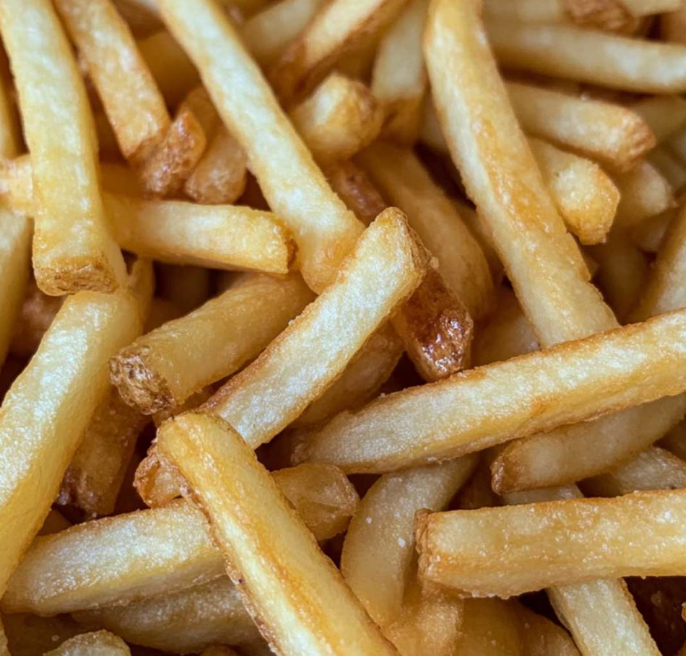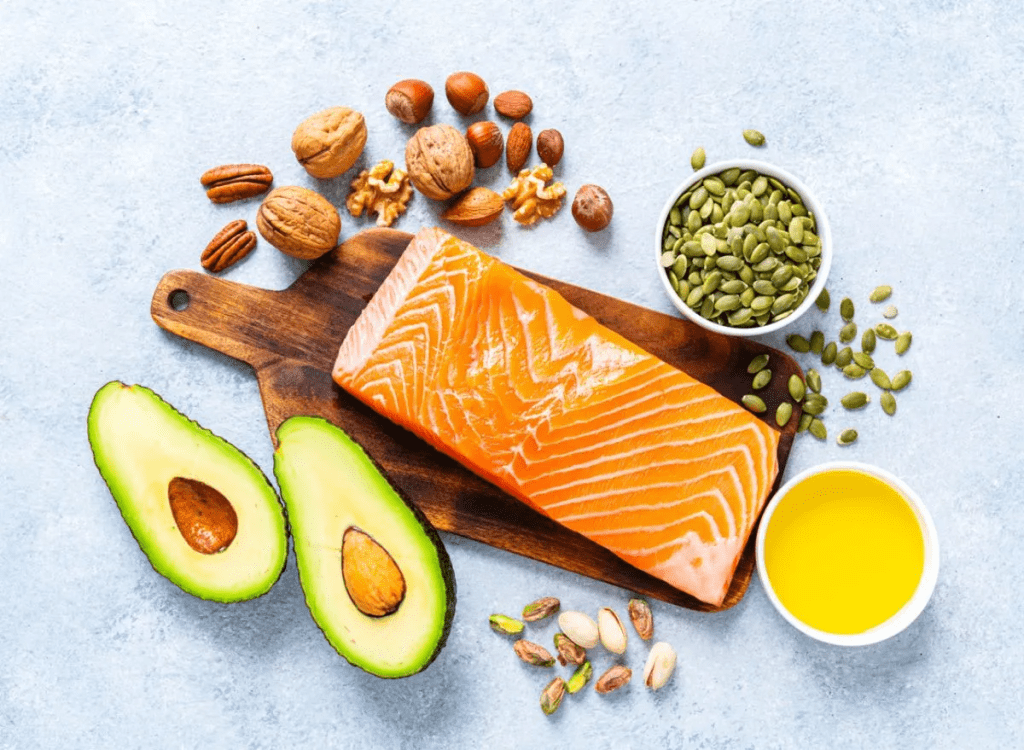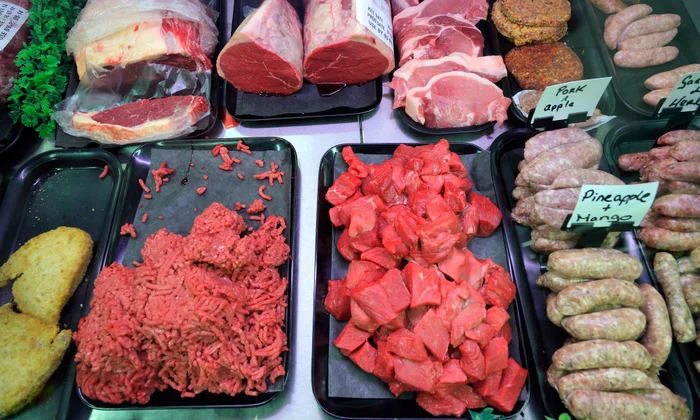Aging is inevitable, but the rate at which it happens can be influenced by many factors, including your diet. Believe it or not, some of the most common foods we consume regularly might be speeding up the aging process without us even knowing it. From processed snacks to sugary drinks, what you eat can significantly impact how your skin looks and how your body feels. In this article, we’ll explore ten foods that could be making you age faster than you’d like—and how to avoid them.
1. The Hidden Dangers of Processed Foods

Processed foods are everywhere, and while they may be convenient, they can wreak havoc on your body and skin. These foods often contain high levels of salt, sugar, unhealthy fats, and artificial preservatives. All of these ingredients can lead to inflammation, which not only accelerates aging but also makes your skin look dull and tired. Frequent consumption of processed foods also contributes to weight gain, which is linked to a faster aging process.
If you want to slow down the aging clock, try to limit your intake of processed snacks, ready meals, and pre-packaged foods. Instead, opt for fresh, whole foods that nourish your body from the inside out.
2. Sugary Snacks and Premature Aging
Sugar is one of the worst offenders when it comes to premature aging. Consuming too much sugar can lead to the formation of advanced glycation end products (AGEs). These harmful molecules damage collagen and elastin, two key proteins that keep your skin firm and youthful. The result? Wrinkles, sagging skin, and a loss of that natural glow.
Cutting back on sugary snacks like candies, sodas, and pastries can make a big difference in how your skin ages. If you have a sweet tooth, try satisfying your cravings with fruits like berries, which are high in antioxidants and support skin health.
3. Trans Fats: The Unseen Culprits
Trans fats are often found in fried foods, baked goods, and many processed snacks. These artificial fats can raise your bad cholesterol levels and contribute to inflammation, which accelerates the aging process. Trans fats also harm your skin’s cellular structure, making it harder for your skin to repair itself. The result? Premature wrinkles, sagging, and a dull complexion.
By avoiding trans fats and opting for healthier fats—like those found in avocados, nuts, and olive oil—you can help your skin stay firm and radiant.
4. Refined Carbohydrates and Skin Health
Refined carbohydrates, such as white bread, pasta, and rice, have a high glycemic index. This means they cause your blood sugar levels to spike quickly, which can lead to insulin resistance—a major factor in age-related diseases. High blood sugar also weakens collagen and elastin fibers in the skin, leading to wrinkles and sagging.
Choosing whole grains like quinoa, brown rice, or whole wheat bread instead of refined carbs will provide your body with more nutrients and help maintain a more youthful appearance.
5. High-Sodium Foods and Aging Skin

Eating foods that are high in sodium—like canned soups, processed meats, and fast food—can cause your body to retain water, leading to puffiness, especially around the eyes. Over time, a high-sodium diet can also dehydrate your skin, making it appear aged and tired. Dehydration also makes fine lines and wrinkles more prominent.
Reducing your sodium intake and drinking plenty of water can help your skin maintain its youthful elasticity and reduce puffiness.
6. Artificial Sweeteners: Friend or Foe?
While artificial sweeteners are often marketed as a healthier alternative to sugar, their long-term effects on aging are still uncertain. Some studies suggest that artificial sweeteners may disrupt your gut bacteria, leading to increased inflammation and oxidative stress—two major contributors to aging. Additionally, these sweeteners can increase cravings for unhealthy, sugary foods, indirectly speeding up the aging process.
If you use artificial sweeteners, try to do so in moderation. Better yet, opt for natural alternatives like honey or maple syrup, which have fewer artificial chemicals and additives.
7. Red and Processed Meats: Aging from Within

Consuming large amounts of red and processed meats can increase the production of advanced glycation end products (AGEs) in the body, accelerating aging from the inside out. These meats are often high in unhealthy fats and preservatives that contribute to inflammation and oxidative stress—both of which speed up the aging process.
Switching to lean proteins like chicken, fish, or plant-based options can help reduce the aging effects associated with red and processed meats.
8. Alcohol and Accelerated Aging
Alcohol is another factor that can lead to premature aging. Regular consumption of alcohol dehydrates the skin, making it more prone to wrinkles and fine lines. Over time, alcohol can also deplete your body of essential nutrients, cause liver damage, and increase inflammation—all of which make you look and feel older.
To keep your skin hydrated and youthful, try to limit your alcohol intake and drink plenty of water.
9. Fried Foods and Oxidative Stress

Fried foods are typically cooked in oils that can produce free radicals when heated at high temperatures. These free radicals cause oxidative stress, which damages cells and speeds up the aging process. In addition to this, fried foods often contain trans fats, which are harmful to both your skin and overall health.
Choosing healthier cooking methods, such as grilling, steaming, or baking, can help reduce oxidative stress and keep your skin looking vibrant.
10. Caffeinated Beverages and Dehydration Effects
While moderate consumption of caffeine can have its benefits, too much caffeine—especially from coffee, tea, or energy drinks—can lead to dehydration. Dehydrated skin appears dull, dry, and more prone to wrinkles. Since caffeine is a diuretic, it increases urination, leading to even further dehydration if not balanced with water intake.
To combat these effects, try to balance your caffeine consumption by drinking plenty of water throughout the day. This will help keep your skin hydrated and reduce the signs of aging.
Conclusion: Choosing Foods for Youthful Aging
While aging is a natural process, you can slow down its effects by being mindful of what you eat. Processed foods, sugars, trans fats, and high-sodium items can all speed up aging, making you look and feel older than your years. By making small adjustments—such as eating whole grains, avoiding artificial sweeteners, and consuming healthy fats—you can help your body age gracefully and maintain a youthful glow. Remember, aging well isn’t just about looking younger; it’s about feeling vibrant and staying healthy for years to come.


